
Treat Your Dog With These 11 Summer Veggies
When fed in small amounts, some summer vegetables make perfect treats for canines. Here's a list of seven veggies that will keep your canine happy and healthy through the dog days of summer.
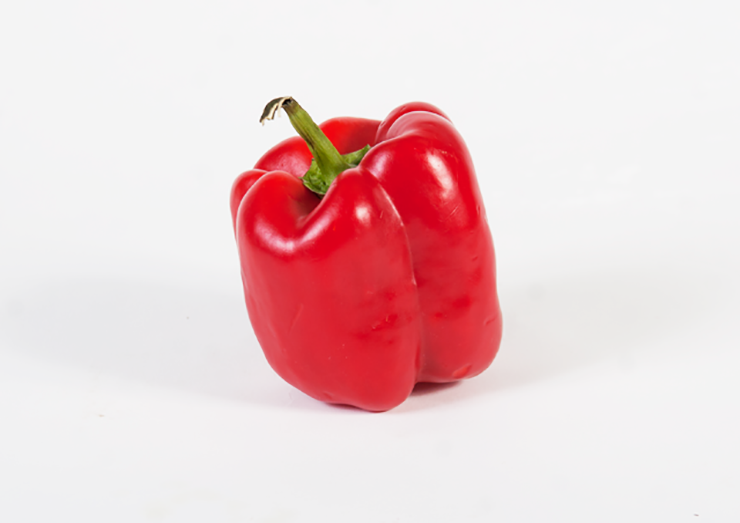
1. Bell Peppers (all colors)
Green peppers contain beta-carotene, which has been shown to dramatically improve immune response in older dogs. Bell peppers also carry plenty of vitamin C, which is another immune booster, and significant amounts of fiber, which promotes healthy digestion. But, because the cell walls of the raw vegetable are very fibrous, making it difficult for the body to break down and gain nutrients, it's best to cook or purée bell peppers before serving them.

2. Yellow Crookneck Squash
This heart-healthy summer treat is rich in potassium. It can help a dog overcome bouts of constipation, and it is high in vitamin C. Calcium helps the kidneys stay healthy, while vitamin A benefits the eyes. Like the bell pepper, raw squash is very difficult for the body to break down, so make sure it's cooked or puréed before serving.
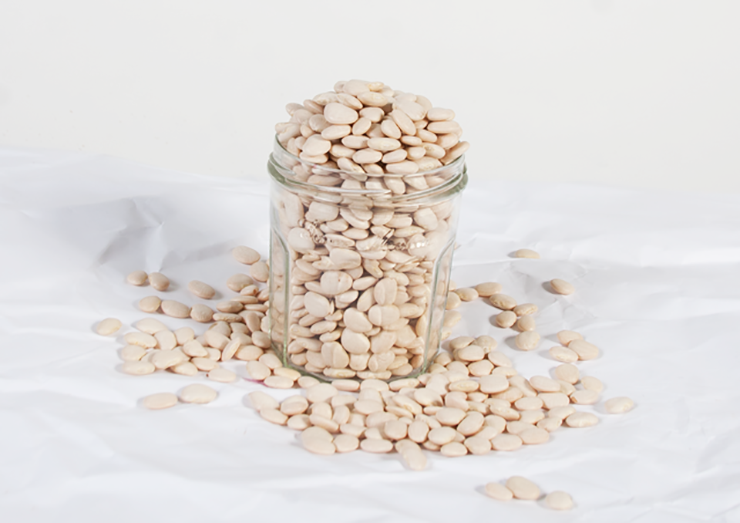
3. Lima Beans
Okay, maybe they're technically legumes, but who's judging? There's no doubt that lima beans can help the body regulate healthy blood sugar levels. They also allow the body to expel bad cholesterol and prevent heart disease. Uncooked lima beans can contain lethal amounts of cyanide, though, so cook the beans well before serving them to your dog or anyone else.
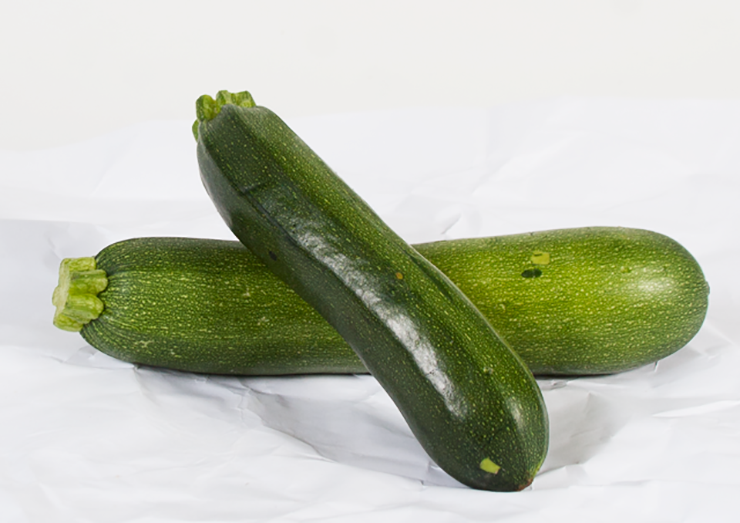
4. Zucchini
Zucchini seems to have it all—potassium, magnesium, calcium, beta-carotene, folate, vitamin A, vitamin B, vitamin C, riboflavin, and manganese, to name few. Unfortunately, none of that matters if your dog finds the smell and flavor of them repulsive, which sadly is the case for many picky eaters. But, you may be able to get around this problem by adding a little blended or cooked zucchini to your dog's food.
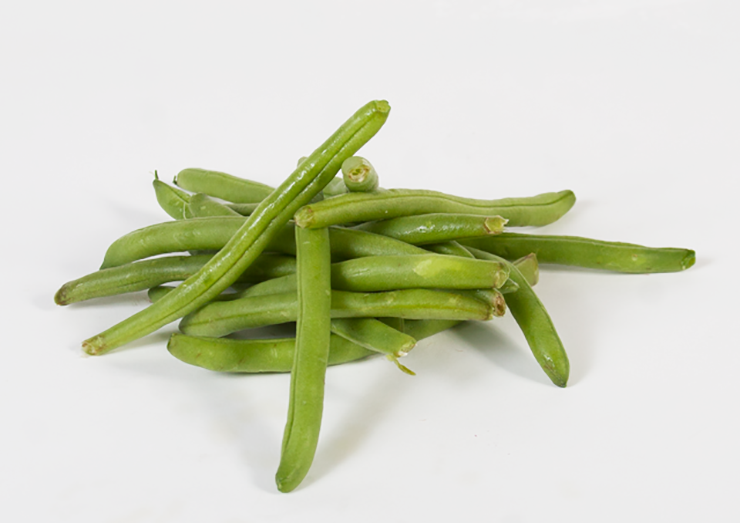
5. Green Beans
Like zucchini, green beans are positively packed with nutrients, such as vitamin A, vitamin C, vitamin K, folic acid, iron, thiamine, copper, manganese, and potassium. However, unlike zucchini, dogs generally don't find green beans repulsive, which makes it much easier to serve them up as a tasty treat. In addition, green beans are a source of omega-3 fatty acids, which can lower bad cholesterol and the risk for heart disease.
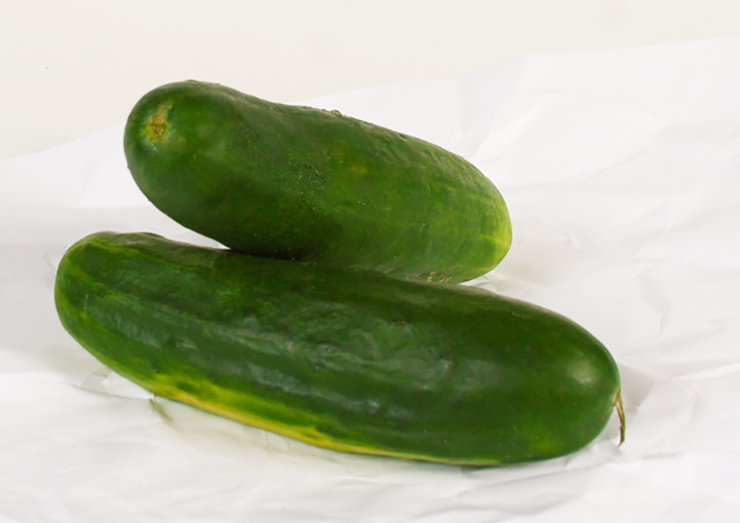
6. Cucumbers
So, technically, cucumbers are actually a fruit related to the watermelon . . . but your dog won't know the difference! These adopted veggies can be an ideal choice for overweight dogs, since they are filling without containing too many calories or carbs. Cucumbers can also provide an extra source of vitamin K in your dog's diet, which is known to promote healthy blood clotting, strong bone growth, and heart health.

7. Peas
Peas are excellent sources of thiamine, a B-complex vitamin that helps the body effectively convert food into energy. The phosphorous contained in peas also helps the body carry out a variety of vital functions, such as tissue reparation and waste filtering. Adding a few cooked peas to your dog's kibble is a foolproof way of introducing vital nutrients to his or her diet.

8. Celery
If you’re looking for a healthy snack, it’s hard to top celery. Rich in antioxidants and boasting anti-inflammatory properties, a stick of celery actually requires more calories to chew than it contains, so it could be a perfect treat for a dog on a diet. Just remember to remove the leaves and cut it into bite-sized, easy to swallow pieces.

9. Arugula
This leafy green summer veggie is densely packed with nutrients that support a healthy lifestyle when eaten in small amounts. However, arugula also contains substances called goitrogens, which some scientists believe can interrupt the release of certain thyroid hormones, especially in immune-compromised canines. So, if you plan to add arugula to your dog’s food, make sure to cook it first and add it sparingly.
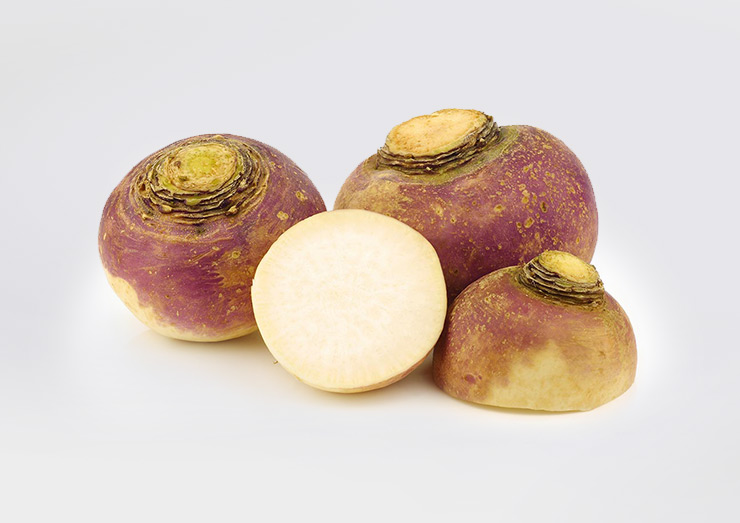
10. Rutabaga
If your dog needs a good source of calcium, antioxidants, vitamins C and B6, potassium, phosphorous, magnesium, and manganese, look no further than the humble rutabaga. This root vegetable (also known as the swede or neep outside the U.S.) is best served boiled and mashed. However, like arugula, rutabagas are also known to contain goitrogens, so be sure to take that into account before feeding them to your dog.
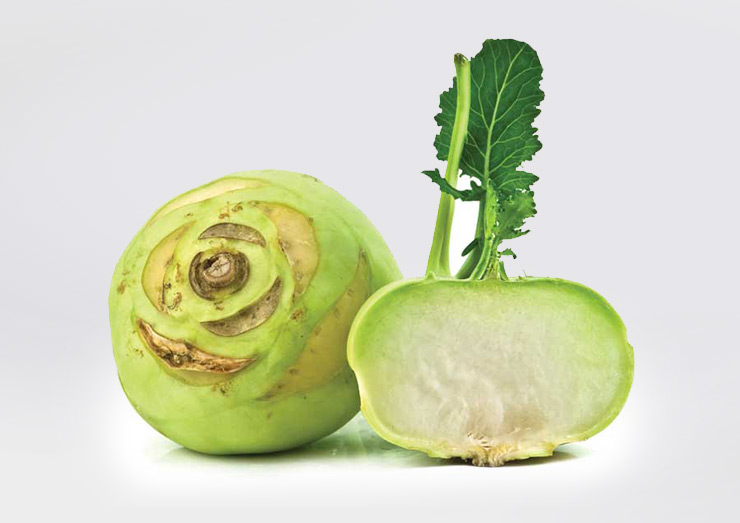
11. Kohlrabi
Commonly eaten in German-speaking countries, this summertime veggie is steadily gaining popularity across the United States—and for good reason! When it comes to nutrient content, the kohlrabi shares much in common with the rutabaga, but it seems to contain an even greater concentration of those nutrients. What that means is more vitamin C, vitamin B6, calcium, manganese, and potassium for your four-legged friend. As a member of the cabbage family, kohlrabi can be used and prepared in much the same fashion. But, like rutabaga and arugula, kohlrabi is a goitrogenic food, which is something you should keep in mind when deciding whether or not to feed it to your dog.
These 11 summer veggies can provide a wealth of nutritional benefits for your dog, but—as always—be sure to check with your veterinarian before introducing any new foods into your dog’s diet.











